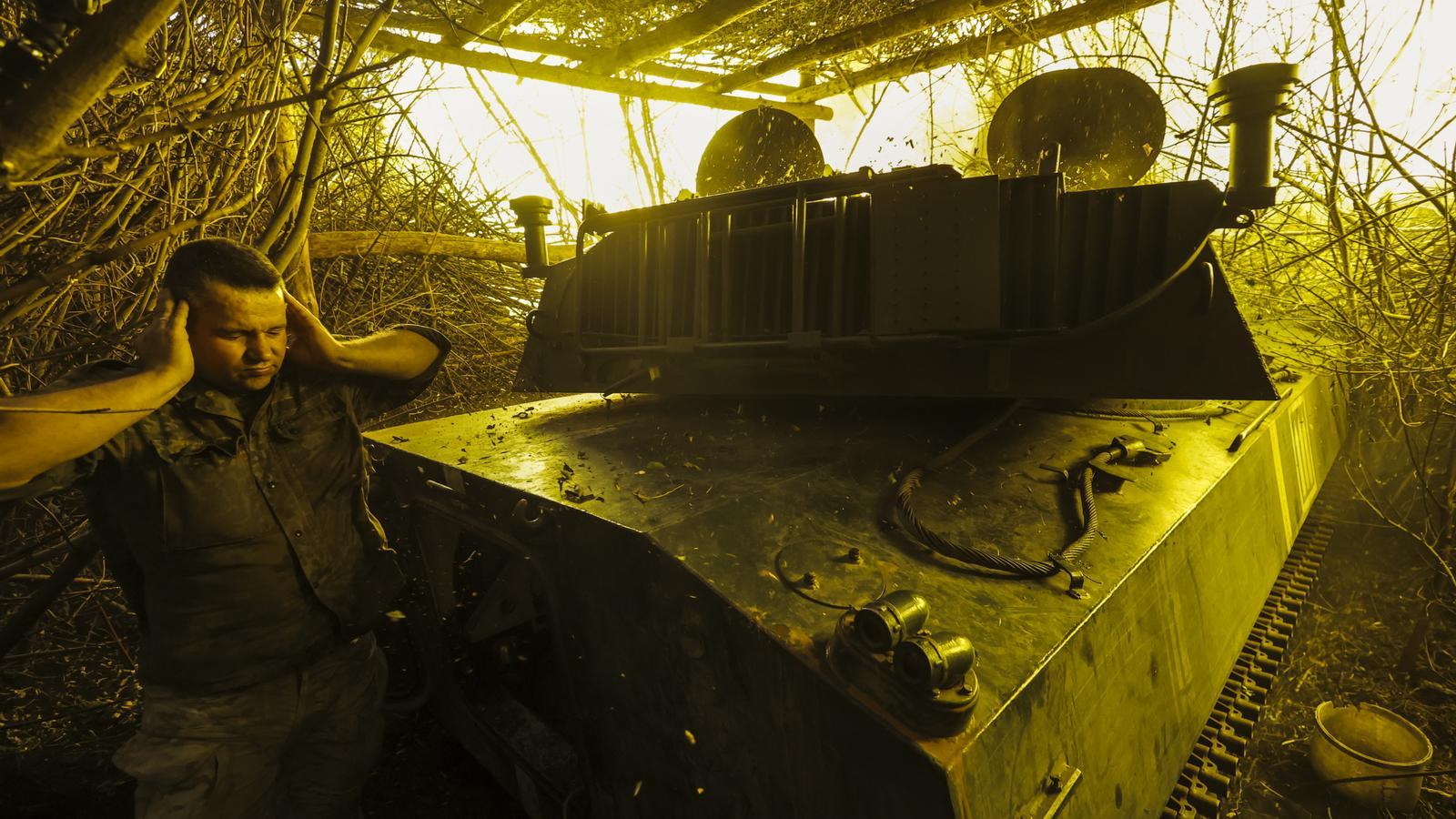Why are peace negotiations between Russia and Ukraine stalled?
Putin does not want a ceasefire or to meet with Zelensky, who cannot accept the Kremlin's demands.


Moscow"We can't expect miraculous breakthroughs," Kremlin spokesman Dmitry Peskov warned ahead of a new round of direct talks between Kiev and Moscow in Istanbul on Wednesday. Expectations were minimal, almost nonexistent, because nothing had changed since the talks. the first two meetings between both delegations at the end of May and beginning of June. And the prediction has come true point by point.
Once again, the parties have only been able to reach humanitarian agreements. In previous meetings, the exchange of all young, sick, and wounded prisoners and the bodies of thousands of soldiers was agreed upon, in addition to the Russian delegation's commitment to study the return of more than three hundred Ukrainian children illegally deported to Russia. On this occasion, at Russia's proposal, the only agreement reached was the exchange of another 1,200 prisoners per side and the return of another 3,000 bodies of dead Ukrainian soldiers. Nothing more.
In fact, if one analyzes the progress of the last six months, one can conclude that today we are as far from a resolution to the conflict as before Donald Trump returned to the presidency of the United StatesThe main reason is that Vladimir Putin is still not interested in ending the war and is using the lure of negotiations to buy time while maintaining the torn relationship with the Americans.
In Istanbul, Kremlin emissaries mask their inflexibility with technical arguments. Apparently, it's all a matter of the order of factors: Zelensky's envoys demand an "immediate" ceasefire, as the Ukrainian president repeated this Wednesday, to discuss any other point later, while the Russian delegates insist that, before stopping the fighting and bombing, it is necessary to address "the conflict."
These root causes arethose that Russia outlined in the peace memorandum delivered to Ukrainein early June. Among other demands, the Kremlin is seeking international recognition of the annexed Ukrainian territories, an end to Western military aid to Kiev, Kiev's withdrawal from NATO membership, a reduction in its army, the dismissal of Zelensky, and the outlawing of Ukrainian nationalist parties. These are unacceptable conditions for Ukraine.
A Putin-Zelensky meeting is impossible
Another dead end is the Ukrainian request to organize a summit between presidents, which has been put back on the table in Istanbul, this time before the end of August. Zelensky knows that this is a red line for Putin because he doesn't consider him legitimate, and the Kremlin, although it once again hides behind technical objections ("It must be well prepared," "The memoranda must first be agreed upon"), is aware that its previous demands are a joke.
The strategy of burying any proposal to advance the de-escalation under impossible conditions has been constant on the part of Russia since Trump began acting as mediator. For example, when Kiev and Washington proposed a 30-day ceasefire, Putin resisted without formally refusing. Or when the White House revived the initiative for a truce in the Black Sea, the Russian president didn't reject it either, but demanded the lifting of sanctions in return.
On the contrary, Putin has made several innocuous gestures for show to demonstrate his alleged willingness to make peace, such as two unilateral truces lasting just a few hours, a month-long ceasefire on energy infrastructure, and the offer of direct talks in Turkey. All of them intended to curry favor with Trump.
Objective: convince Trump
The US threat to impose secondary tariffs on Russia if the Kremlin leader does not agree to peace negotiations by September 2 has been the heartbreaking point of this third round of contacts between Kiev and Moscow. Zelensky, after ensuring that it will receive American defensive weapons, has tried to convince the US president not to get his hopes up, that Putin will not give in, and the Russian president has tried to continue to show a full willingness to engage in dialogue, despite Trump's invectives.
In Moscow, no one believes the White House's ultimatum, and news like the one publishedDer Spiegel, which reports that The anti-aircraft batteries promised by Washington will not arrive in Kiev until spring 2026.spurred Putin on. The Russian army is not only capable of launching more than 700 drones against Ukrainian cities in a single night, but it is also advancing on the ground and in recent days has tightened its grip on Pokrovsk, a key city in the goal of conquering Donetsk.
